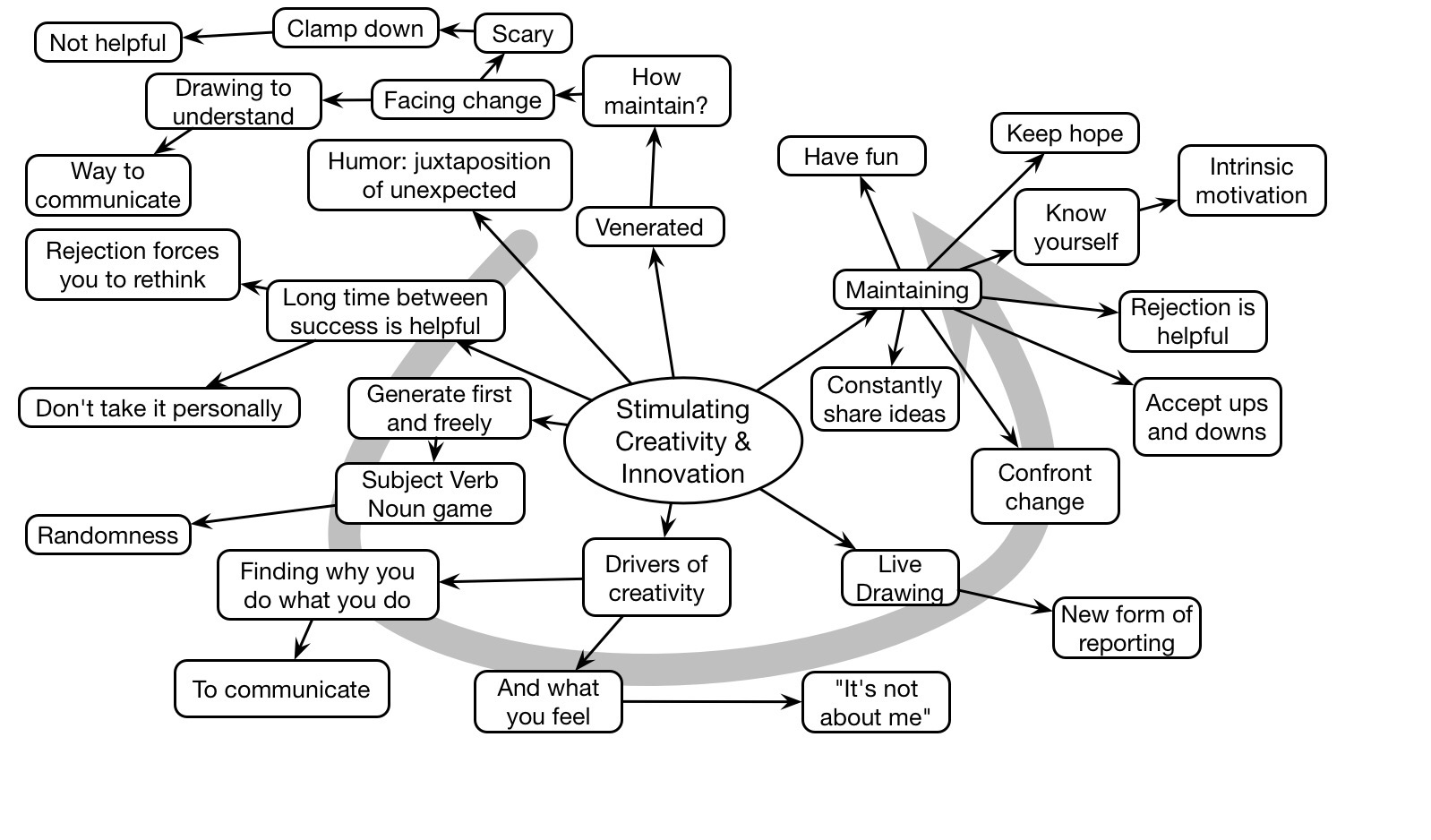 So, I’d like to ask a favor of you. I would like to improve my thinking about elearning design, and where this starts are objectives. Or outcomes. Now, they can be easy, or challenging. I’d like to see some of the latter.
So, I’d like to ask a favor of you. I would like to improve my thinking about elearning design, and where this starts are objectives. Or outcomes. Now, they can be easy, or challenging. I’d like to see some of the latter.
When the goal is fairly obvious, it’s simple to address. They need to be better at doing X? Well then, practice lots of X! But there are more challenging situations. You know the ones: weak verbs that aren’t about doing, where the performance is vague, where it’s about knowledge.
I’d like to get concrete. So…
I’d greatly appreciate it if you would share your challenging learning objectives (or outcomes you’re supposed to come up with objectives for) with me. The ones you dread. If they’re proprietary, feel free to generify them. I will also keep you anonymous. Feel free to ask for help, and I’ll respond appropriately.
What will I do with them? It depends. These may get written up as a post, if I see themes. They certainly are likely to be included in any workshops about deeper elearning design. I just want to work from real things, not my made up examples (as fabulous as they might be ;).
Feel free to comment here, or if you see this via LinkedIn or some other channel respond in whatever channel makes the most sense. Let me know if you’d like a reply.
And thanks in advance.

